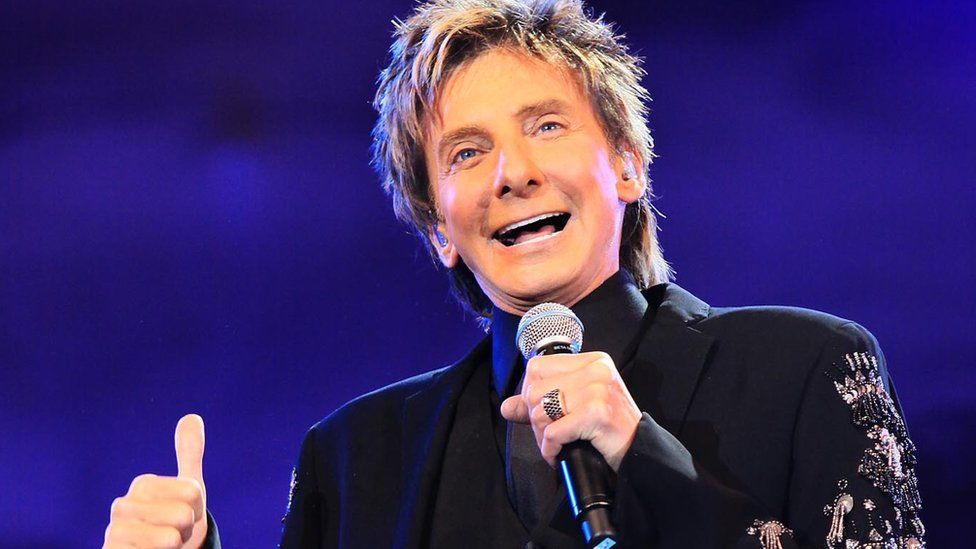-

-
-
Loading

Loading

Singer-songwriter Barry Manilow has revealed that he kept his sexuality hidden for many years because he believed it would have ended his career. Manilow, who publicly came out as gay in 2017, explained in an interview with CNN's Chris Wallace that coming out in the 1970s would have been disastrous for an artist's career. He emphasized that being gay is no longer a big deal today, but back then it would have been career-ending. Manilow has been in a relationship with his manager Garry Kief for nearly four decades and they privately married in 2014. When asked if he was pressured to hide his sexuality, Manilow said he never thought about it. He described his decision to come out in a People magazine interview six years ago as a non-event, as he believed everyone already knew he and Kief were a couple. Manilow expressed his gratitude for his fans' positive response to his coming out, calling it a beautiful experience. Manilow, whose real name is Barry Pincus, is a highly successful musician known for hits like Mandy, Looks Like We Made It, and Copacabana. Despite being in his eighth decade, he is still very active, with a new Broadway musical and a Christmas TV special on the horizon. He currently has a residency in Las Vegas and has concert dates scheduled until December 2024. Manilow credited Kief for being his support during his rapid rise to fame in the 1970s, stating that he saved his life during that tumultuous time. Before his relationship with Kief, Manilow was briefly married to his childhood sweetheart, Susan Deixler, but their marriage ended due to a lack of commitment rather than his sexuality. In the interview, Manilow also mentioned that his experience in writing jingles helped him in his music career, as crafting memorable hooks quickly was important. Additionally, he jokingly mentioned coming up with the concept for Copacabana while recovering from his "first nervous breakdown" at the Copacabana Hotel in Rio de Janeiro in 1970, reflecting on how fame had affected his mental health.